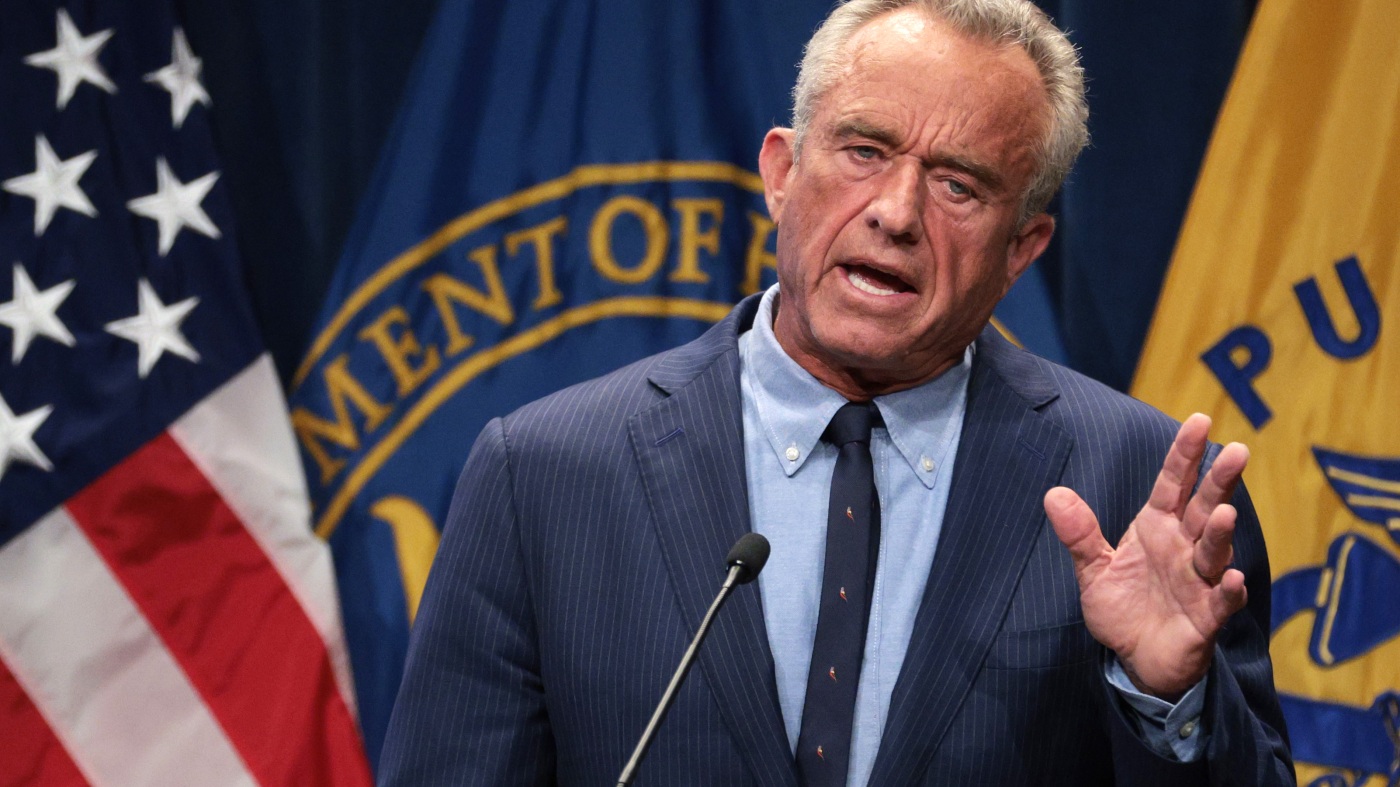Reshaping Vaccine Advisory: Analyzing RFK Jr.’s Overhaul of the CDC’s Immunization Committee
Introduction: A Turning Point in U.S. Vaccine Policy
The dramatic replacement of every member of the CDC’s Advisory Committee on Immunization Practices (ACIP) by Health and Human Services Secretary Robert F. Kennedy Jr. (RFK Jr.) marks a significant and controversial shift within U.S. public health. This sweeping change disrupts nearly five decades of vaccine advisory continuity and raises urgent questions about the future direction of immunization policy. Understanding the roots, the actors involved, and the potential consequences requires a thorough examination of the context and implications of such a momentous decision.
The ACIP: Cornerstone of U.S. Immunization Strategy
The ACIP serves as a cornerstone entity in shaping vaccine recommendations across the United States. For decades, this expert panel—comprising epidemiologists, immunologists, pediatricians, and public health specialists—has crafted scientifically driven guidelines that inform vaccination schedules addressing diseases from seasonal influenza to emerging viral threats like COVID-19. Its decisions profoundly influence not only American healthcare but global immunization efforts, due to the CDC’s authority and international standing.
Functioning as a carefully vetted assembly of scientific expertise, the ACIP has traditionally operated with a strong emphasis on evidence-based consensus, balancing efficacy data, safety profiles, and population health impact. This robust and transparent process has lent substantial credibility to vaccine programs nationwide.
The Purge: Complete Replacement and Its Controversies
In June 2025, RFK Jr. executed a startling departure from precedent by dismissing all existing members of the ACIP, replacing them with a new group of advisers. This wholesale “purge” stunned the medical community and generated immediate concern about the motivation and future influence of the revamped committee.
Among the newly appointed advisers are figures who have previously fuelled contentious vaccine debates:
– Dr. Robert Malone, known for his involvement in mRNA vaccine technology, but also noted for public skepticism about COVID-19 vaccine strategies;
– Martin Kulldorff, recognized for vaccine safety advocacy and past friction with CDC panels;
– Dr. Joseph R. Hibbeln, specializing in nutrition and mental health, offering a somewhat unconventional addition to a vaccine-focused committee;
– Dr. Cody Meissner, a respected pediatric infectious disease specialist with extensive clinical experience.
This assemblage reflects a blend of medical expertise and ideological divergence from mainstream vaccine policy approaches. Critics emphasize that some new members have histories of promoting viewpoints outside established scientific consensus, which could destabilize the committee’s traditional reliance on impartial evidence.
Medical and Public Health Response: Skepticism and Concern
Healthcare professionals including physicians and pharmacists have voiced pronounced apprehension about the overhaul. Their criticisms center on:
– Compromised Scientific Integrity: The risk that the new ACIP’s guidance may shift from science-led consensus toward ideological biases.
– Fueling Vaccine Hesitancy: Mixed messaging from an advisory body with divergent views could undermine public confidence, an especially precarious prospect in the post-pandemic era.
– Threats to Established Immunization Schedules: Potential revisions might dilute or delay critical vaccines for children and at-risk populations, potentially increasing vulnerability to preventable diseases.
Further skepticism arises from RFK Jr.’s previous public remarks, such as advocating for vaccine schedules differentiated by race—claims that many experts consider scientifically unfounded and potentially harmful to social cohesion and public health efforts.
Profiles of New Advisers: Diverse but Controversial Expertise
Examining the backgrounds of the appointees reveals a nuanced picture:
– Dr. Joseph R. Hibbeln’s focus on nutritional psychiatry brings innovative perspectives but is peripheral to traditional vaccine science.
– Martin Kulldorff has been a prominent voice in vaccine risk-benefit debates, sometimes critical of mass vaccination policies.
– Dr. Robert Malone merges technical innovation with public criticism, often challenging accepted narratives on vaccine safety and mandates.
– Dr. Cody Meissner represents continuity with proven infectious disease management expertise.
This mix suggests a future immunization advisory landscape less monolithic and more accommodating of heterodox viewpoints. Whether this diversification strengthens critical evaluation or fosters division remains to be determined.
The Underlying Philosophy: RFK Jr.’s Vision for Public Health
RFK Jr.’s leadership brings his well-documented skepticism of pharmaceutical influence and vaccine mandates center stage. His “Make America Healthy Again” (MAHA) initiative aims to recalibrate vaccination policy toward individualized approaches and heightened scrutiny of safety data, challenging previously accepted universal schedules and mandates.
This philosophy signals deep institutional change, reframing vaccine deliberation within broader debates about medical autonomy, government trust, and scientific boundaries. In doing so, it raises fundamental questions about balancing precaution with public protection.
Anticipated Consequences and the Road Ahead
The real-world impact of this overhaul could unfold along several intertwined paths:
– Vaccine Policy Evolution: There may be shifts toward more flexible or stratified vaccination guidelines, altering coverage and potentially complicating public messaging.
– Polarization and Trust Erosion: In a landscape already strained by misinformation and political divides, these changes risk reinforcing skepticism and hesitancy, hampering disease control efforts.
– Global Ripple Effects: Changes in CDC recommendations often influence global health policies; thus, international vaccination programs could face uncertainty tied to U.S. policy shifts.
– Calls for Transparency: The controversy may pressure agencies to clarify advisory procedures, emphasizing the need for transparency and accountability amidst evolving leadership.
Conclusion: Navigating a Critical Crossroads in Vaccine Governance
Robert F. Kennedy Jr.’s comprehensive overhaul of the CDC’s Immunization Advisory Committee marks a pivotal moment in U.S. health policy. This decisive and divisive action confronts long-standing norms in vaccine advisory practices, opening new debates about evidence, expertise, and public trust.
As the newly minted panel begins its mandate, vigilance from scientists, clinicians, policymakers, and the public will be essential to ensure vaccine recommendations remain rooted in rigorous science and dedicated to broad public well-being. The choices made today will resonate for years—defining not only American immunization policy but also influencing the delicate balance between innovation, skepticism, and the collective quest for health security.

